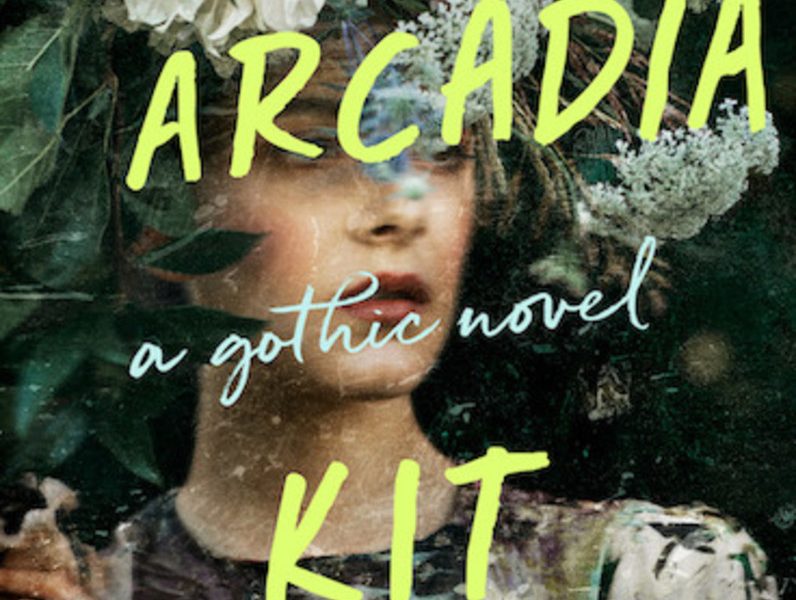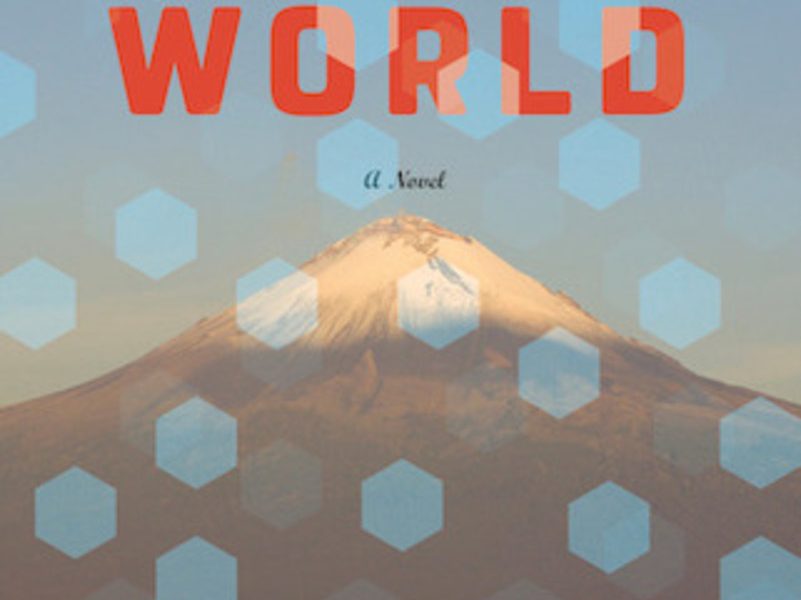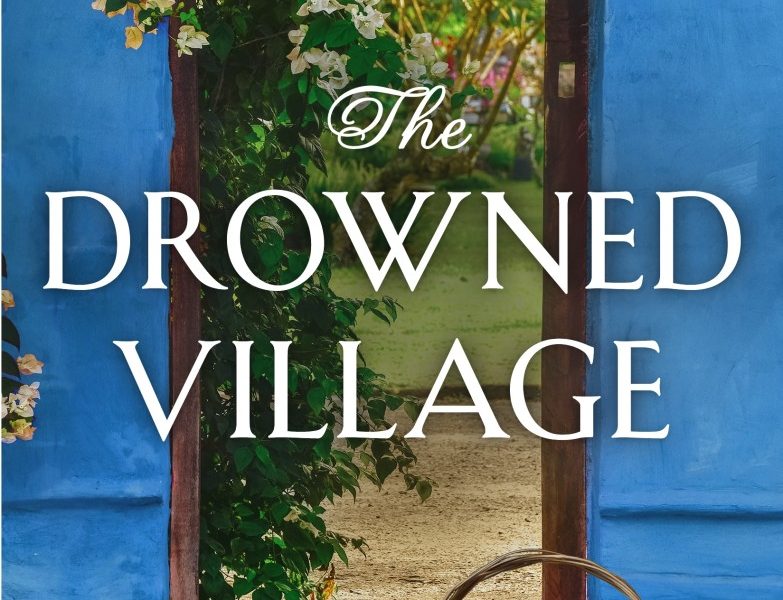writing technique / 5 posts found
Using Real-Life Details to Ground Your Thriller Novel
If you are a writer or even an aspiring writer, you’ve almost certainly heard the phrase, “Write what you know.” And while I’m here to support that phrase, I’d also like to wallop it upside the head so it can stop being misinterpreted and overthought. (10 Myths of Writing About Crime) “Write what you know” is way too freaking broad, and it results in aspiring authors delving into extended detail of specific workplaces or unique life actions that people simply don’t want to read about. I don’t think “write what you know” should apply to your job. Very few readers […]
How To Write a Character Driven by an Obsession
When setting out to write a piece of fiction, it’s likely you’ve been told to give your protagonist a singular desire. While this is good advice, I would urge you to take it a step further—what happens when your protagonist’s perhaps modest desire becomes an all-consuming obsession? (Caitlin Barasch: On Curating Our Own Personal Stories) My debut novel, aptly titled A Novel Obsession, is about an aspiring novelist named Naomi who becomes obsessed with her boyfriend’s ex, Rosemary. The more Naomi learns about Rosemary, the more her curiosity consumes her, and before she knows it, her obsessive internet stalking morphs […]
5 Tips for Writing a Revenge Story
Oh, sweet revenge. There’s nothing like a well-executed plan to get the blood pumping and the pages turning. That feeling when a character finally doles out their death punch, or sneaks that drop of poison into their enemy’s cup is one of the most rewarding experiences a reader can have. As a longtime fan of revenge stories, that feeling I get when things fall into place never fails to bring a bigger smile to my face than a first kiss in a romcom. But the thing with revenge stories is that unless all the pieces are there, a protagonist’s final […]
The Story of a Heel: Notes on Memoir and Fiction
When I was in high school in East Germany, a substitute teacher—not our usual boring drone, who had fallen ill—gave us an unusual homework assignment: “Write a story from your life. Let your reader know what happened and how you felt about it. Work on it over the weekend and bring it in on Monday.” (Joel Agee: On Recreating Lost Time) The class erupted into a cacophony of protest: “It’s too hard! We’re not prepared! Does it have to be true?” “It needn’t be true,” the teacher said, “but it should be believable, and it should be a story. I […]
How To Write Inner Conflict in Fiction
All writers understand the importance of conflict in fiction. Conflict creates friction and without friction, the narrative would be a succession of happy scenes, like Instagram posts. In a novel, that’s boring because we are hardwired to want something to happen. We know from our own life experiences that the next moment of excitement or turning point is just around the corner. Conflict is a dramatic requirement. (10 Things to Consider When Writing About Obsession in Fiction) While external conflicts drive the action of a story, inner conflict is the energy that keeps the reader turning the page. It does […]





